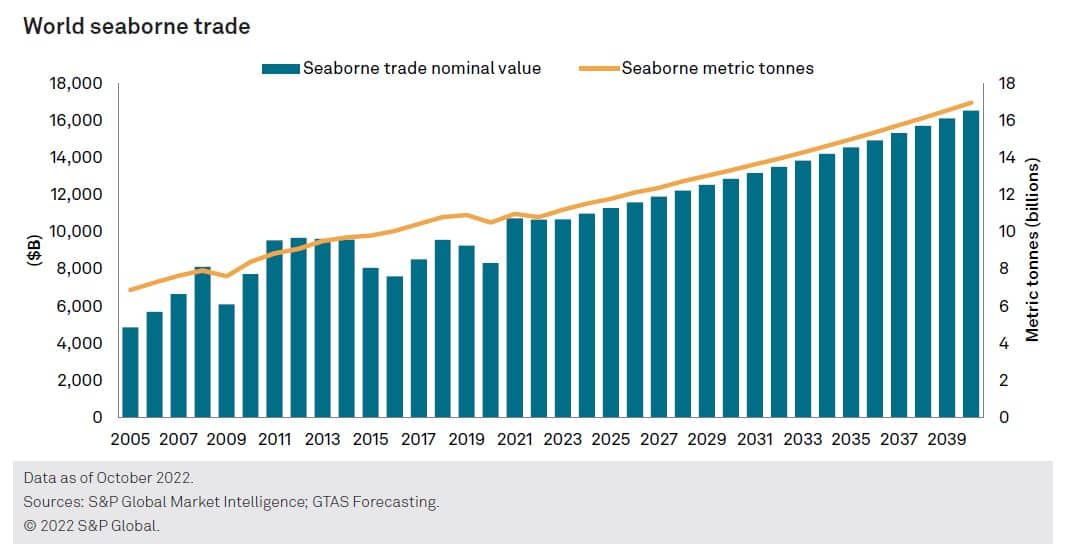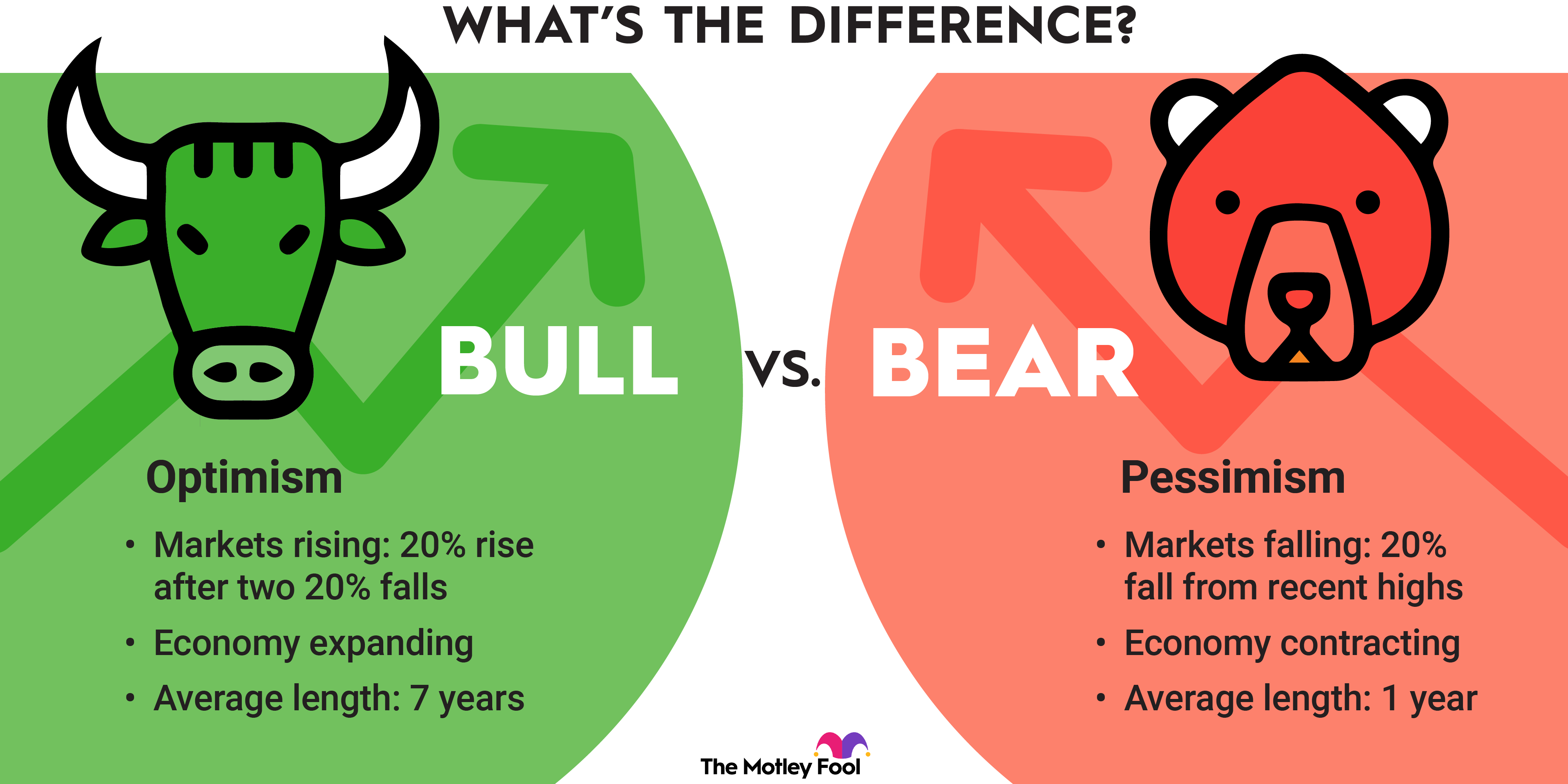Ahsan's Call To Action: Tech Integration For Pakistan's Global Trade Success

Table of Contents
Modernizing Pakistan's Infrastructure for Global Trade
Pakistan's existing infrastructure, while showing improvements, still lags behind many competing nations in terms of efficiency and capacity to handle the demands of global trade. Ports often face congestion, logistical networks are fragmented, and communication networks lack the speed and reliability needed for seamless international transactions. Modernization is critical to compete effectively.
Investing in Digital Infrastructure
- Upgraded Internet Connectivity: Expanding high-speed internet access across the country is paramount. This includes reliable broadband in rural areas and robust connectivity in urban centers.
- 5G Network Expansion: Investing in 5G networks will significantly boost data speeds and capacity, crucial for real-time supply chain tracking, e-commerce transactions, and digital communication.
- Modern Data Centers: Building state-of-the-art data centers will provide the necessary infrastructure for storing and processing large volumes of data essential for efficient trade operations.
The government, in collaboration with the private sector, must prioritize these investments. Public-private partnerships (PPPs) can leverage both public funding and private expertise to accelerate the development of this critical digital infrastructure.
Streamlining Customs and Border Procedures
Digitalizing customs processes is vital for reducing delays, corruption, and costs associated with import and export. Examples include:
- Automated Customs Declarations: Moving from paper-based systems to online declarations dramatically speeds up processing times.
- Online Tracking of Shipments: Real-time tracking provides transparency and accountability, reducing delays and uncertainties.
Countries like Singapore and South Korea have successfully implemented such digital customs systems, significantly improving their trade efficiency. Adopting similar best practices in Pakistan will be crucial.
Leveraging Technology for Enhanced Supply Chain Management
Pakistan's current supply chain management faces challenges including lack of transparency, inefficient logistics, and difficulties in tracking goods. Technology offers solutions to streamline and improve these processes.
Implementing Blockchain for Supply Chain Transparency
Blockchain technology can revolutionize supply chain management by providing:
- End-to-End Traceability: Tracking goods from origin to destination offers increased transparency and accountability, reducing counterfeiting and fraud.
- Enhanced Trust and Collaboration: A shared, immutable ledger builds trust among all stakeholders in the supply chain.
Successful blockchain implementations in other countries' agricultural and manufacturing sectors showcase its transformative potential.
Utilizing IoT for Real-time Inventory Management
Internet of Things (IoT) sensors can provide real-time data on various aspects of the supply chain:
- Inventory Levels: Accurate, real-time inventory data helps optimize stock levels, reducing storage costs and preventing stockouts.
- Logistics and Transportation: Tracking shipments in real-time allows for efficient route planning, faster delivery, and improved responsiveness.
The resulting optimized inventory management significantly reduces waste and improves overall supply chain efficiency.
Expanding E-commerce and Digital Marketplaces for Pakistani Businesses
E-commerce holds immense potential for expanding Pakistan's reach into global markets. However, this requires significant investment in digital infrastructure and support for businesses transitioning online.
Developing Secure and Reliable Online Payment Systems
Secure and reliable online payment systems are critical for e-commerce growth. This involves:
- Secure Online Payment Gateways: Robust gateways that protect sensitive financial data are essential to build consumer trust.
- Development of Digital Financial Services: Expanding access to digital financial services, such as mobile banking, enables wider participation in e-commerce.
Investment in secure payment infrastructure is crucial for attracting both domestic and international buyers.
Promoting Digital Marketing and Online Brand Building
Digital marketing is crucial for Pakistani businesses to reach international customers effectively:
- Targeted Online Advertising: Utilizing platforms like Google Ads and social media marketing to reach specific customer demographics.
- Search Engine Optimization (SEO): Improving website visibility in search engine results to attract organic traffic.
Government support and training programs can empower businesses to adopt these strategies successfully.
Fostering Collaboration and Public-Private Partnerships
Achieving successful technology integration in Pakistan's trade sector requires strong collaboration among all stakeholders.
Government Incentives and Policy Support
The government can play a crucial role by:
- Offering Tax Breaks and Subsidies: Incentivizing businesses to adopt new technologies.
- Creating Supportive Regulatory Frameworks: Establishing clear guidelines and regulations that facilitate digitalization.
These initiatives encourage investment and innovation in the trade sector.
Industry Collaboration and Knowledge Sharing
Encouraging information exchange and collaboration within the industry is essential:
- Industry Events and Conferences: Providing platforms for sharing best practices and knowledge.
- Public-Private Partnerships: Leveraging the expertise of both public and private sectors to drive innovation.
Ahsan's Call to Action: Realizing Pakistan's Global Trade Potential Through Tech Integration
Ahsan's Call to Action highlights the transformative power of technology integration for Pakistan's global trade success. By modernizing infrastructure, enhancing supply chain management through technologies like blockchain and IoT, expanding e-commerce, and fostering strong public-private partnerships, Pakistan can unlock its immense trade potential. The benefits are substantial: increased efficiency, reduced costs, greater transparency, and expanded access to global markets. We urge you to learn more about specific government initiatives and resources dedicated to supporting technology integration in Pakistan's trade sector. Let's work together to support Ahsan's Call to Action and propel Pakistan towards global trade leadership. Visit [link to relevant government website] and [link to relevant industry association] to learn more and get involved.

Featured Posts
-
 Bitcoin Rebound A New Bull Market Or Temporary Surge
May 08, 2025
Bitcoin Rebound A New Bull Market Or Temporary Surge
May 08, 2025 -
 How Liberation Day Tariffs Reshape The Stock Market Landscape
May 08, 2025
How Liberation Day Tariffs Reshape The Stock Market Landscape
May 08, 2025 -
 Marriyum Aurangzeb Addresses Public Concerns Over Lahore Zoo Ticket Prices
May 08, 2025
Marriyum Aurangzeb Addresses Public Concerns Over Lahore Zoo Ticket Prices
May 08, 2025 -
 Las Vegas Concert Announcement Counting Crows Are Coming
May 08, 2025
Las Vegas Concert Announcement Counting Crows Are Coming
May 08, 2025 -
 Dodgers Star Mookie Betts Out With Illness Misses Freeway Series
May 08, 2025
Dodgers Star Mookie Betts Out With Illness Misses Freeway Series
May 08, 2025
